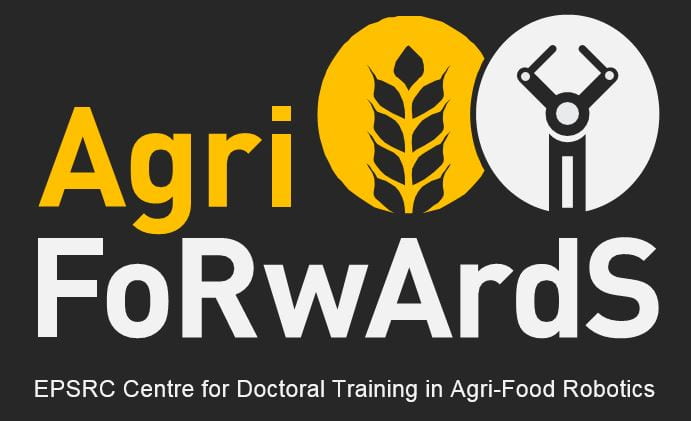The AgriFoRwArdS CDT has a strong commitment to Equality, Diversity and Inclusion. It demonstrates this by having a thorough AgriFoRwArdS Equality, Diversity and Inclusion Strategy, and by ensuring students, industry partners, and academics alike can all take part in developing this strategy and be fully represented on the AgriFoRwArdS EDI panel.
So what is the EDI Panel, what is the EDI strategy and how can students help shape the discussion?
The EDI Panel
The EDI Panel meets every six months and is open to all CDT members. The EDI Panel is dedicated to ensuring that the AgriFoRwArdS Equality, Diversity and Inclusion Strategy is followed, by overseeing all activities within the CDT, promoting inclusion and equality, and furthering the understanding of diversity.
The EDI Panel has a diverse membership, with representation from all three partner universities, industrial partners, and the student body. The panel is led by Professor Belinda Colston, CDT Co-Investigator (ED & I Strategy) and Director of the Eleanor Glanville Centre.
What is the Equality, Diversity and Inclusion Strategy?
Gender under-representation is one primary concern across the computer science, engineering and technology sectors, with only 15% of undergraduates being female. Empowering gender diversity is at the core of the AgriFoRwArdS Equality, Diversity and Inclusion Strategy, and essential to developing a fully inclusive research environment.
The AgriFoRwArdS CDT is committed to ensuring EDI is at the heart of everything we do. Starting from the anonymous recruitment process to mitigate unconscious bias and ensuring fairness and equality of opportunity, to guaranteeing diversity and inclusion is considered in all areas of the CDT – to include the management board, students, staff and industry partners.
What role can students play?
All CDT students are invited to join the EDI panel at any stage through their program. They can join at any time and be part of the discussion with the management board, their peer students, staff and industry partners.
Students also enhance EDI by representing the CDT at outreach activities such as the recent Robot Lab Live, live stream event reaching over 1600 people on the day, to being active as part of a wider CDT community by attending conferences such as the recent FARSCOPE conference with over 120 CDT students in attendance.
Even the sharing of your work amongst your network provides an opportunity for the research that the CDT is involved in to be seen as broadly as possible, helping to build a more equal, diverse and inclusive audience.
What enhancements have students suggested?
The voice of the students and their experiences are at the heart of the panel. Updates have been made to the recruitment process to further enhance anonymisation as well as recommendations to enhance the reach of the CDT (for instance social media profiles) to appeal to a broader range of potential students.
A recent CDT student round table discusion arranged by the Eleanor Glanville Centre also took away suggestions on how to include more skills based criteria as well as academic achievement within the recruitment process, therefore further broadening the pool of potential CDT applicants. An example of this was highlighting the requirement to have two academic referees which an applicant coming from industry or who has spent time outside of academia may have difficulty acquiring.
How can I take part in the EDI Panel?
If you wish to take part in the Ethics, Diversity and Inclusion Panel, to be part of this discussion and help continually improve the shape of the CDT please contact April Walker who can provide further information.
Wether you have just received a CDT placement in Cohort 4 and will be starting as a new student in October, or if you have been with the CDT for a few years, everyone is welcome.
Want to learn more about AgriFoRwArdS?
If you are interested in learning more about what we do and if you share a passion for agriculture and technology then go to our AgriFoRwArdS CDT website to see more about our research, how you can be involved and how to apply to be a student in the program.

